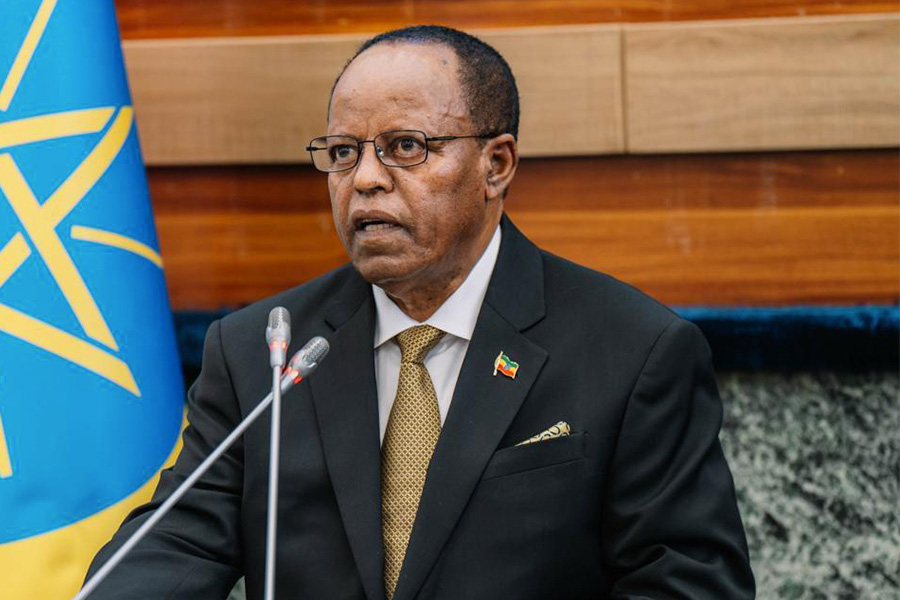
May 12 , 2024
Policy voids in the startup ecosystem have ignited discussions among industry leaders, as they seek to unearth opportunities under weak institutional capacity, limited finance and innovation linkages. From startup labelling to licensing hurdles, taxation complexities and the elusive search for venture capital, Ethiopia's startup terrain is strewn with difficulties. A gathering at Addis Abeba University last week served as a battleground of ideas, drawing insights from the University of Tokyo, Japan, and sparking a fervour for change. Amidst the discourse, Samuel Kifle (PhD), president of the University and representatives from the Japan International Cooperation Agency (JICA) forged a pact, promising long-term support in training, resources, and finances. The support is better late than never. Ethiopia's startup funding efforts lag behind its regional counterparts. With a one billion-dollar deficit compared to Kenya's robust investment in the past year, according to a Sub Stack report, Ethiopia finds itself at a critical juncture in nurturing its entrepreneurial space. According to the report, Ethiopia mustered a paltry six million dollars for startup financing, a mere 0.5pc of the total regional funds, while Kenya spearheaded the charge with a remarkable 1.16 billion dollars. Tanzania, Uganda, and Sudan have also surpassed Ethiopia in channelling crucial funds to burgeoning startups. A start-up proclamation aimed at fostering entrepreneurship and containing the formation of an innovation fund is yet to be ratified. Meanwhile, the Ministry of Innovation & Technology is wielding its tools for start-up label provision guidelines. Selamyhun Adefris, lead CEO of Innovation Development at the Ministry, indicated start-up labelling is part of a wider reform of standardising the landscape of the severely fragmented ecosystem. The labelling aims to measure start-ups based on scalability and entrepreneurial nuances. "Identifying who start-ups are comes first," he told Fortune.